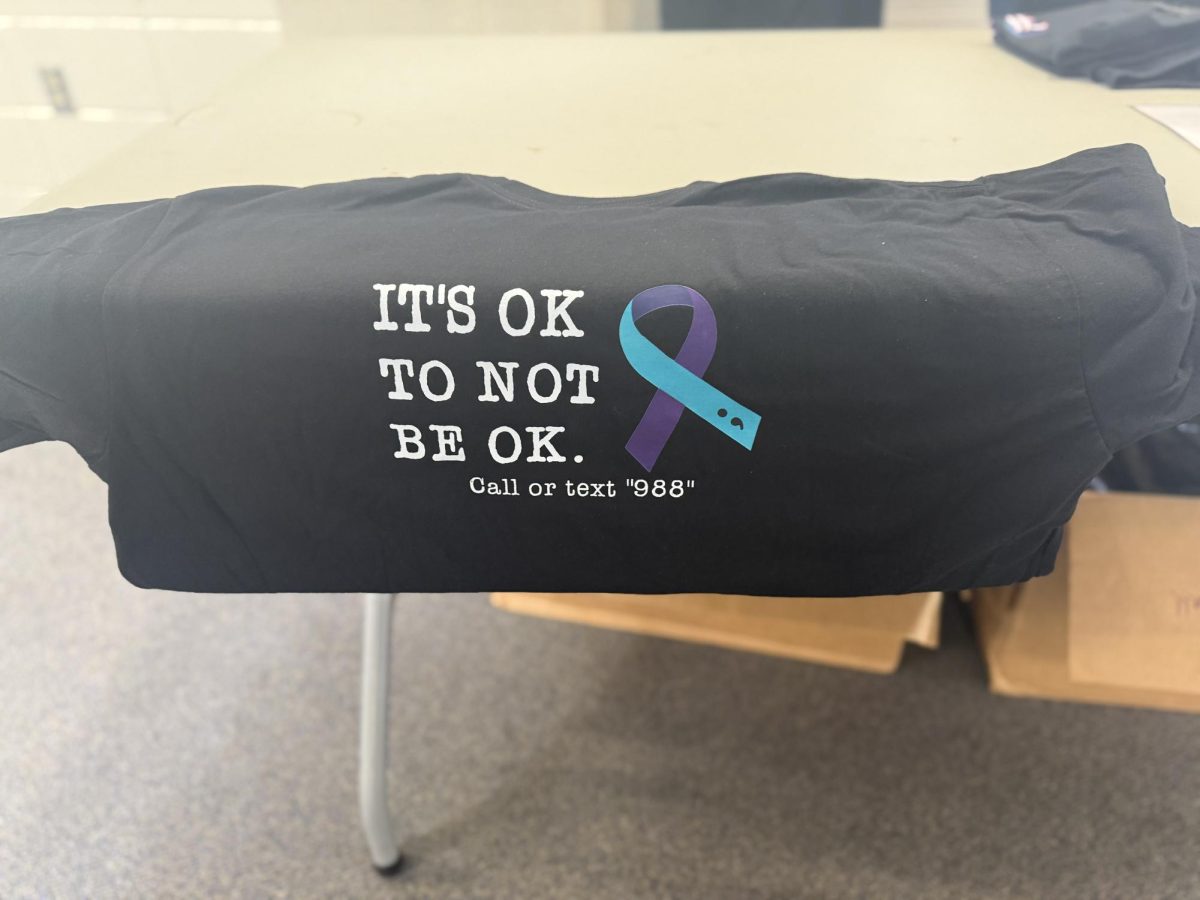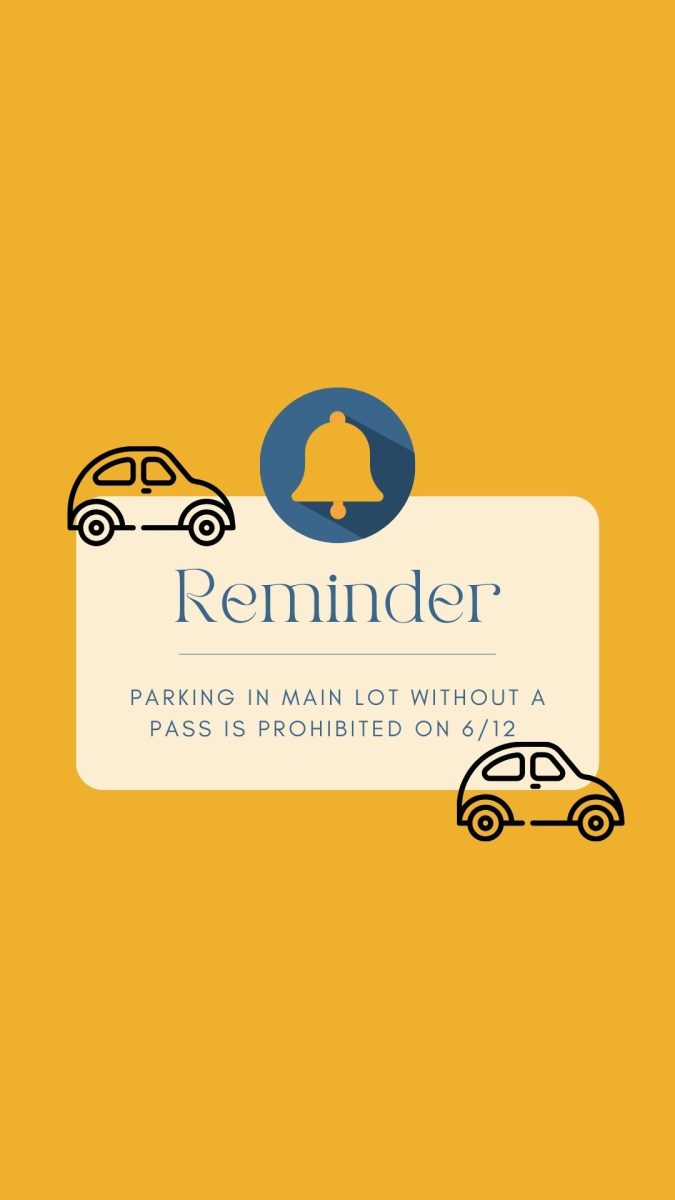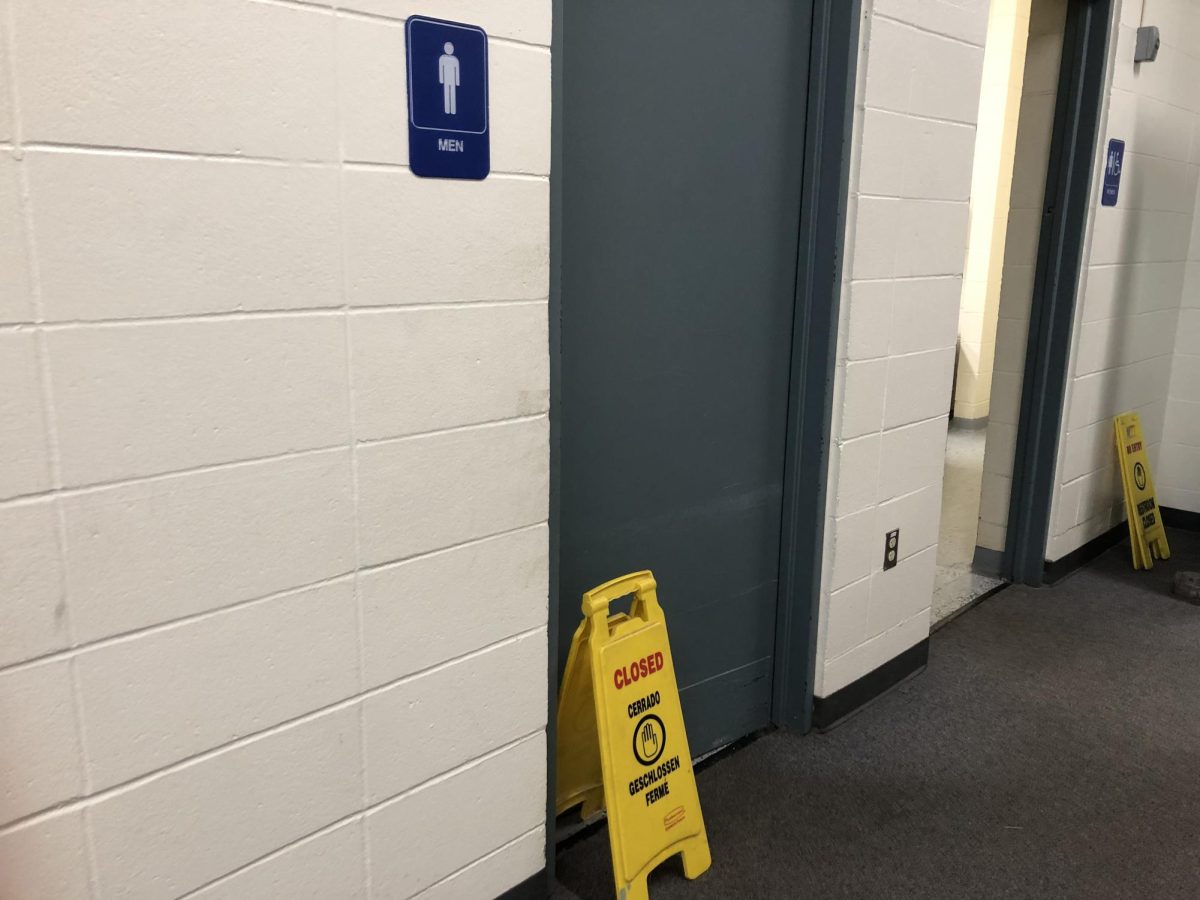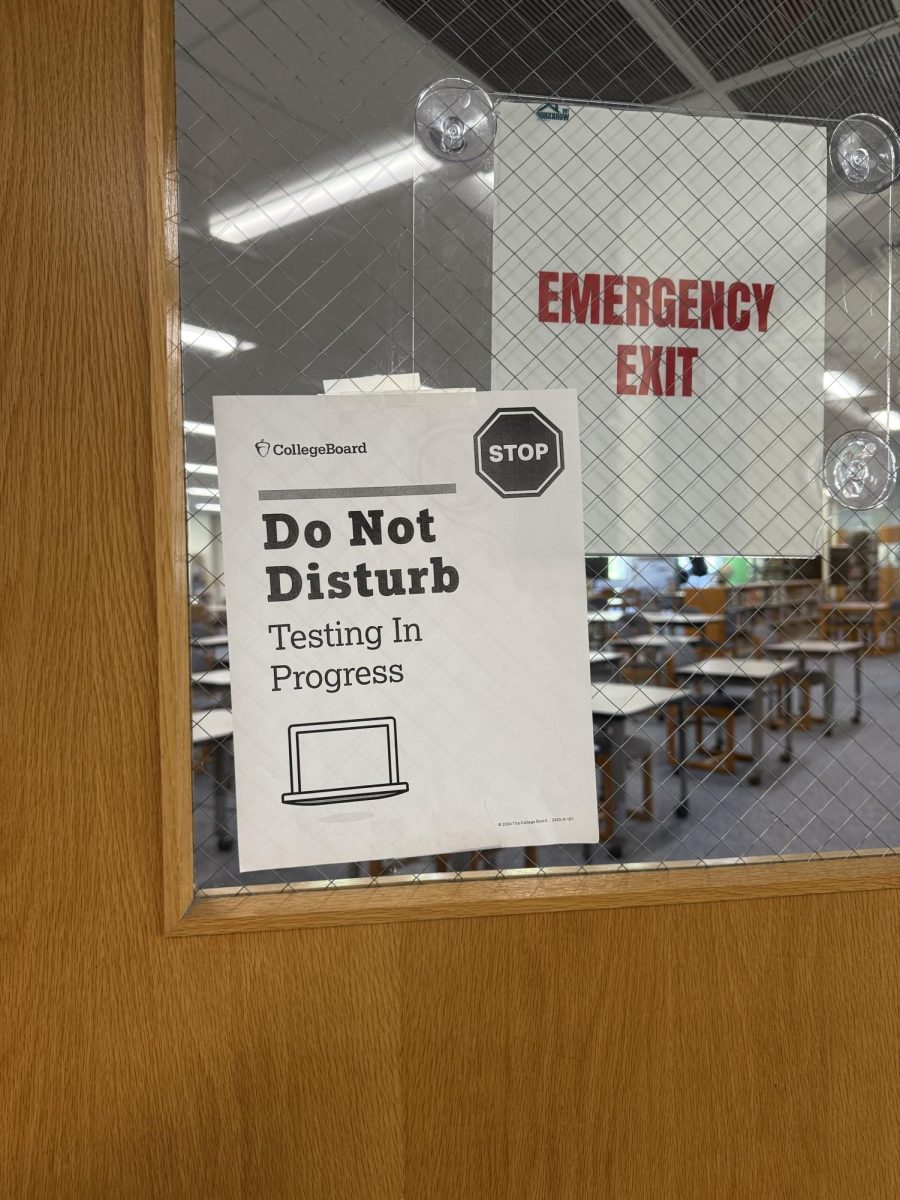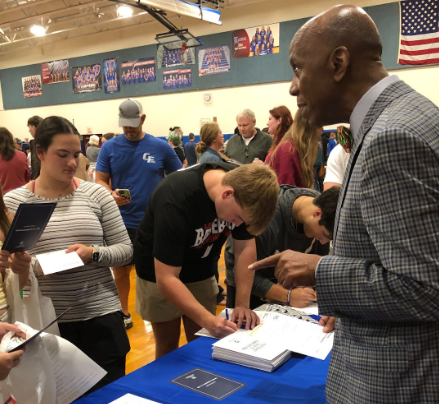Due to HB 131, a bill recently passed by NH legislature that regulates personal devices used in school environments, students will no longer be able to use their cell phone starting in October.
According to a post on the NH Department of Education website, Governor Kelly Ayotte has “emphasized that minimizing non-academic devices during school hours is essential to fostering deeper engagement, improving academic performance, and restoring classrooms as spaces dedicated to learning, collaboration, and student well-being.”
Attempts were made to contact Governor Kelly Ayotte for further comment, but she did not respond.
That same NH Department of Education website states that students will not be allowed to use their phones “from when the first bell rings to start instructional time, until the bell rings to end the academic school day,” but the superintendent may approve certain exceptions “with respect to student medical, disability, or language proficiency needs.”
Students like senior Lily Ciarametaro state the cell phone ban “is a little pointless.”
“I get that the state put it into law,” Ciarametaro said, “but we had a good policy last year, so I think it should’ve stayed somewhat like that.”
Senior Matt Wolf also “personally doesn’t agree with the new phone ban coming into effect.”
“What’s the reason behind not having phones at lunch?” Wolf said. “Many students, including myself, use that time on our phones to reset and take a break from learning so we can retain more information later. I think the current phone policy is great. It gets rid of the distraction from learning in class, but allows students to relax and reset during their breaks.”
Still, Wolf acknowledges that there are valid concerns behind the decision.
“I kind of see why they want to ban phones,” Wolf said. “I agree that phones have become a distraction, but my disconnect with their opinion is why phones can’t be used during lunches and studies.”
Principal Rick Barnes acknowledges the anxiety parents may feel about losing direct access to their children during the school day.
“Families are justifiably concerned,” Barnes said. “In today’s day and age, they want to be able to get in touch with their child.”
Phones, as Barnes pointed out, “offer a sense of security” in this unpredictable world. Even as the policy moves forward, he stresses the fact that there are still plenty of unknowns to be worked out.
“It’s tough—there isn’t a lot of input to have since it’s pretty black and white,” Barnes said. “I think it would be good to get people’s feedback because there could be things that we haven’t thought of that might be able to be part of the policy or procedure.”
At the same time, Barnes acknowledges the positive side of the policy. He has “heard positive things in terms of less cell phone use,” such as “students talking to each other more and better conversations in class.”
Yet, as with any policy change, there are challenges ahead.
“I think it’s going to be positive overall, but not easy, even for the staff,” Barnes said.
Freshman Leighann Cassidy sees some positives to the new policy as well.
“Kids are on their phone a lot with social media,” Cassidy said. “I feel like some people get to talk a lot more with their friends instead of just texting. Face-to-face is better.”
Barnes also highlights how the changes could lead to unexpected shifts in how students and teachers interact with technology, joking how “maybe we’ll see watches come back.”
Earth and space science teacher Cory Couture said he has found the shift away from cell phone use this year to be “interesting.”
“I know it’s hard for us to get away from technology, [myself] included,” Couture said. “What I have noticed is a reemergence of things that I did when I was in high school. For example, I saw some Superman S’s on some paper, also some folded up paper footballs, which is interesting to see after all these years.”
Barnes highlighted that the staff, along with the students, will need to adjust to the new rules, considering the adults need to lead by example.
“[The staff] has to be mindful when using phones since we have to model the behavior we want to see from kids,” Barnes said.
Barnes aims to encourage students to “engage in conversation, read more and ultimately become less reliant on the instant gratification technology often provides.” As he noted earlier, making these shifts isn’t always easy, however, he said the effort will be “worthwhile.”
“The community can come together to find a solution that works for everyone,” Barnes said.





